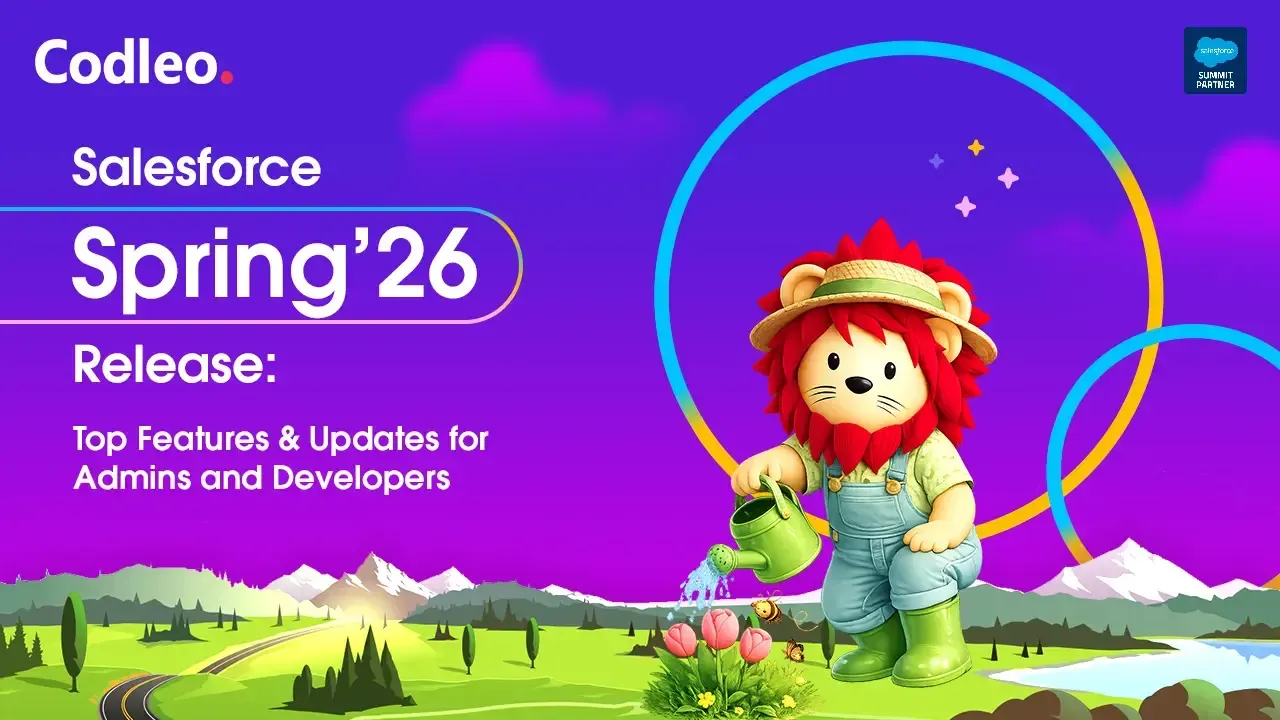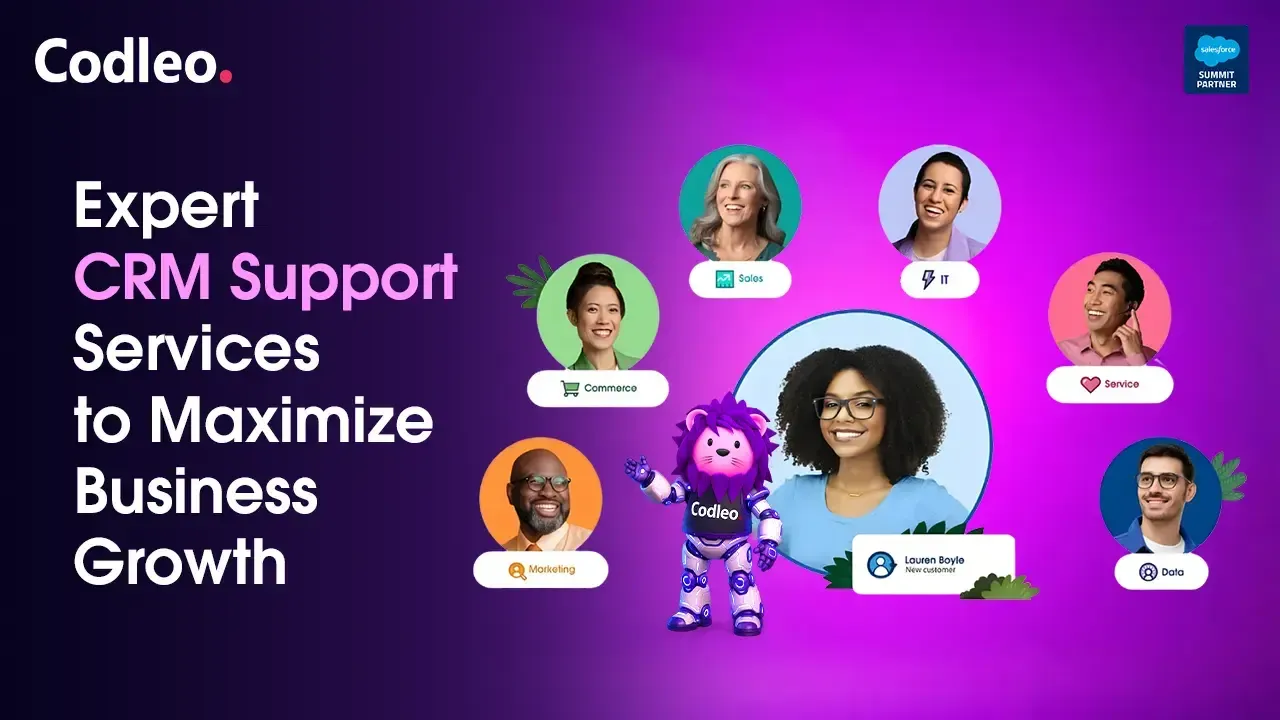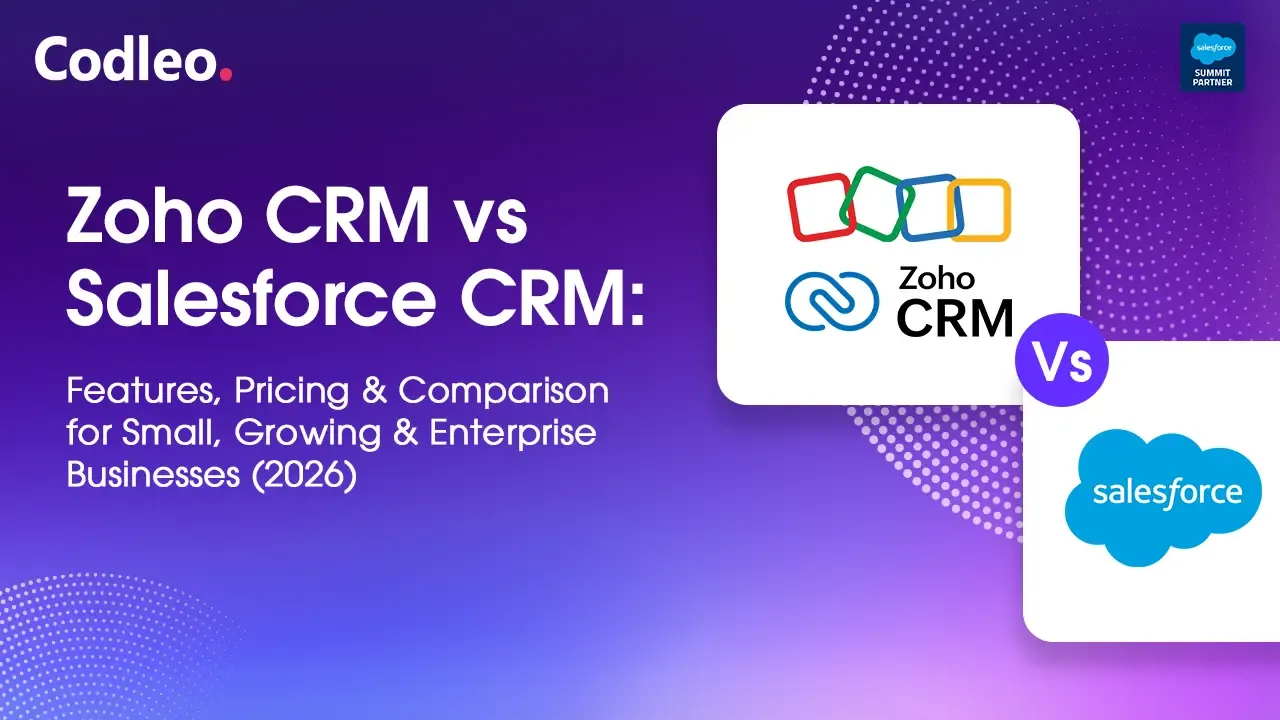Publish date:
NGOs are now turning to CRMs for their work processes and streamlining their functioning to ensure optimal utilization of their resources and time. To ensure that the CRM process which can be lengthy and complicated goes off well, we have listed a few considerations which must be kept in mind all NGOs and their management.
Here are some common mistakes made by NGOs that can be avoided when implementing a CRM:
-
Time factor – Very few people and businesses are aware that the CRM process is a time consuming one in terms of duration as well as the man hours from its employees. Companies don’t realise the investment required to make the CRM deployment a success. 20 – 50% of the man hours spent at work can be consumed in the CRM process depending on the amount of work involved such as data migration or integration with other systems.
-
Senior management approval – The approval of the senior management is important for ensuring its success as they are the decision makers and the ones who release the most important funds for the implementation process. Plus also ensure that everyone in the organization is on board and thoroughly understand the journey ahead.
-
Inter departmental team – All teams must be on-board and unified for the process. Companies can no longer afford to work in silos so it’s important that everyone is consulted and their requirements factored in at the initial stage. An inter-departmental team needs to be created to oversee/work on the CRM implementation as well to ensure that everyone is involved & their voices heard.

-
Analog processes – While going ahead with a CRM, it is important to consider your work processes and flows before going digital. Each NGO has their own style of working and tools; these must be factored, acknowledged and discussed with the implementation vendor at the very outset. Transparency is key at this stage.
-
Taking stock of data – A thorough check and analysis of data in its various forms and locations must be done in the beginning. Remove inaccurate or duplicate data at this stage to ensure only clean and relevant data is migrated from legacy systems to your CRM. If the NGO is keeping data in files and excel sheets, it means devoting more time at this stage of planning.
-
Keep it simple – Implement the CRM in stages, slow and steady. Don’t be in a rush to achieve everything in one go. The basics and the critical components must take priority; the rest can follow if required. Be clear on what is important for the work processes of your NGO and stick to those needs. It’s best not to be carried away by the non-essential requirements (at least in the initial stage).
-
Plan-of-action – A detailed road map on implementation with the vendor and the in-house team must be prepared. Every step should be mapped and all stakeholders on-board at each step. This is important to ensure minimal resistance from end users in all departments. Regularly update all employees on the progress being made so everyone is informed.
-
Training – It’s imperative to get all team members trained on the A to Z of the CRM to ensure its successful adoption by all. Thus training sessions are required.
These are some of the mandatory steps a NGO or for that matter any business must do to ensure a smooth implementation and usage, by all concerned.















